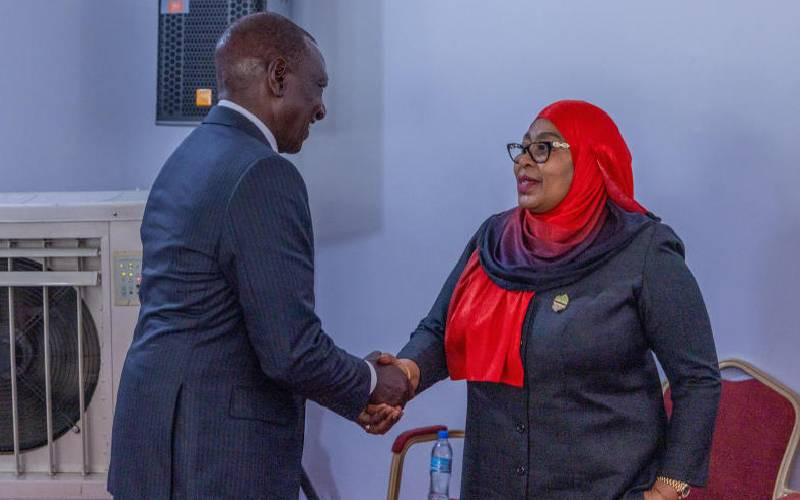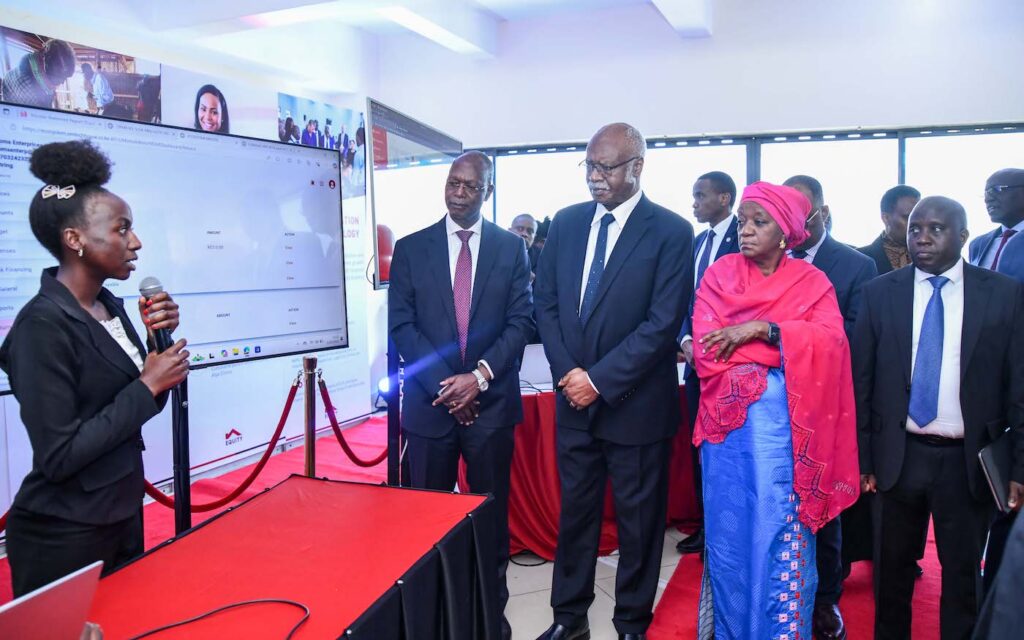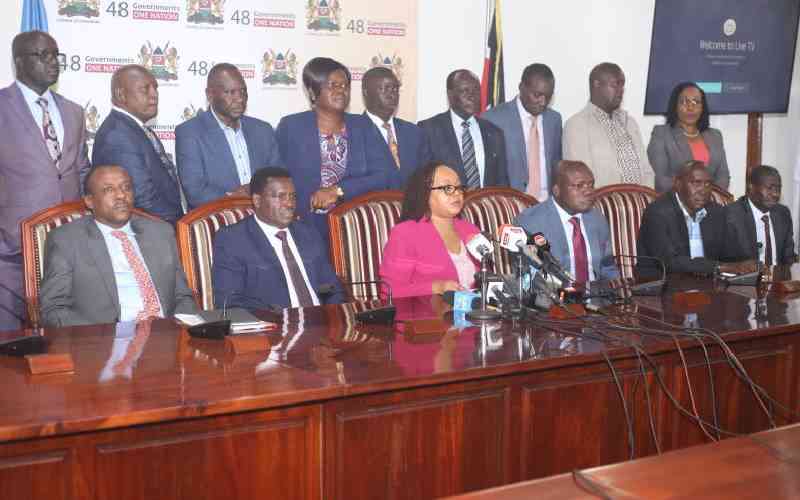Foreign and Diaspora Affairs Cabinet Secretary Musalia Mudavadi has said that Kenya will not retaliate over Tanzania’s move to restrict business permits for foreigners, stressing that diplomacy remains the best approach to resolving the issue.
Appearing before the National Assembly’s Committee on Regional Integration, the CS reassured MPs that the government had not abandoned Kenyans working abroad. However, he cautioned against rising xenophobic sentiments at home, warning such attitudes could have destructive consequences.
Mudavadi insisted: “My appeal is that, let us pursue the diplomatic angle. The Ministry will have a bilateral diplomatic engagement with Tanzania with a view to have the matter resolved for the benefit of Kenyans currently operating businesses in Tanzania. If diplomacy fails, I will declare and say we use a different method, so let us allow it to work.”
The CS urged Tanzania to consider reciprocal treatment for Kenyans by waiving business pass fees and work permit charges. He called for the passes to be valid for multiple entries or a duration of six months to a year, as is the case in Kenya for East African Community (EAC) partner states.
During the session chaired by Nominated MP Irene Mayaka, MPs questioned Kenya’s foreign policy posture, asking why the government appeared lenient with other countries that treat Kenyans less favourably.
He said the move by Tanzania must be viewed in the context of the EAC Common Market Protocol, which came into force in July 2010. Under the Protocol, partner states committed to liberalise seven key service sectors, including business, communications, distribution, education, financial, by removing existing and refraining from introducing new restrictions.
While most Kenyans operating in Tanzania may not be under “Mode 3” (commercial presence), those holding valid licences risk losses of up to Sh19 million unless the Tanzanian government revokes the order and amends its Finance Act.
Kenya has since formally notified the EAC Secretariat of the violations and called for a regional meeting of ministers responsible for finance, economic affairs, trade and investment finance, trade and investment to address tariff and non-tariff barriers.
The dispute stems from Tanzania’s Business Licensing (Prohibition of Business Activities for Non-Citizens) Order, 2025, gazetted on July 28 under the country’s Business Licensing Act (Cap. 101). The order bars non-citizens from participating in 15 business activities including including mobile money transfers, repair of mobile phones and electronic devices, salon business unless conducted in hotels or for tourism as well as home, office and environmental cleanliness services.






















